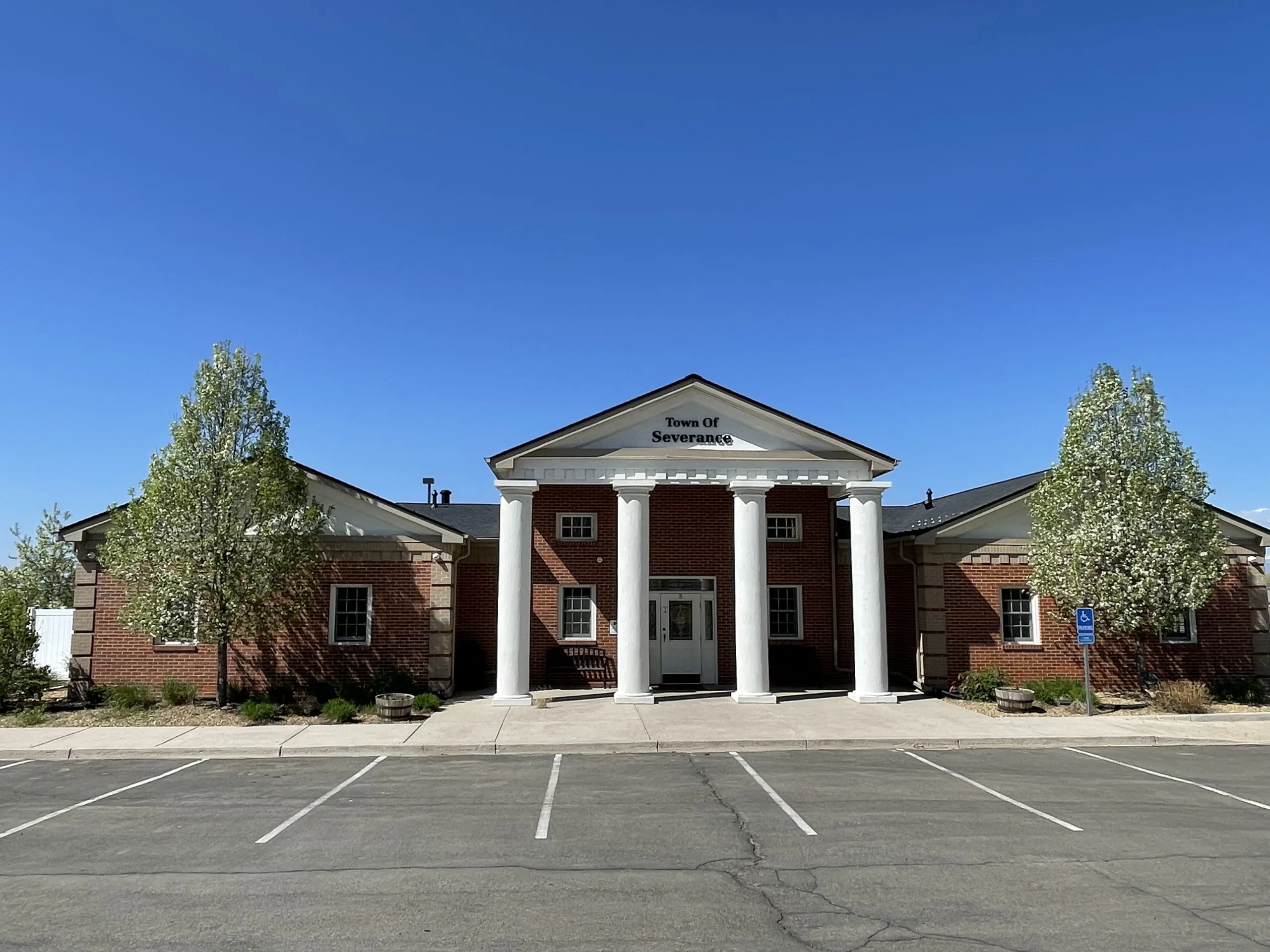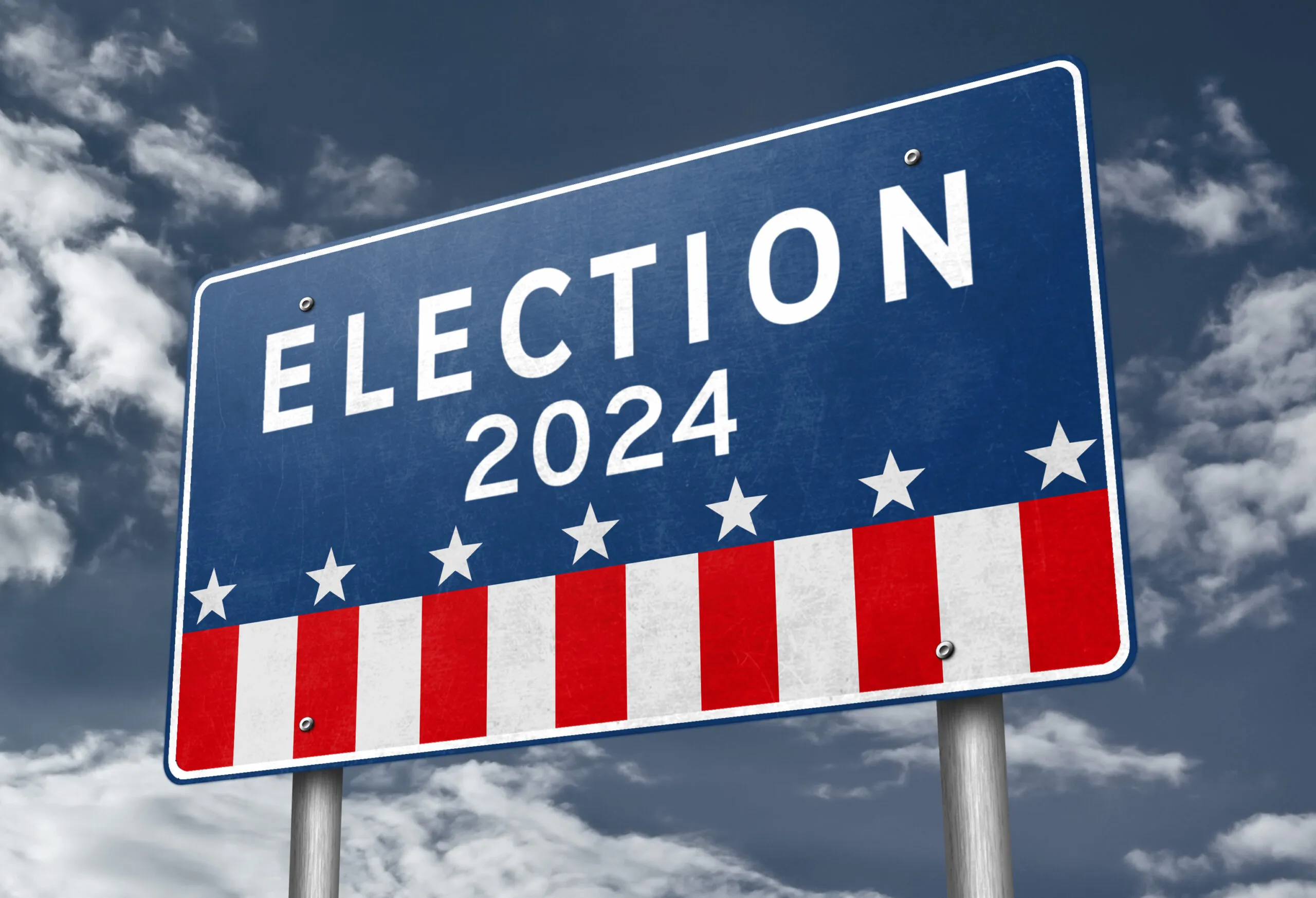Shot clock runs out on Boulder’s cannabis hospitality framework — for now

BOULDER — Colorado lawmakers set the stage in 2019 for local governments to legalize cannabis hospitality businesses, and Boulder officials have spent the past three-plus years mulling what the regulatory framework for this new class of business should look like. Meanwhile, would-be business operators have been champing at the bit to launch their restaurant-cum-smoking lounge or 420-friendly yoga studio.
They’ll have to wait a little longer, as the Boulder City Council last week opted to kick the cannabis hospitality can down the road to allow for a newly constituted council to decide after Boulder’s municipal election in…
THIS ARTICLE IS FOR SUBSCRIBERS ONLY
Continue reading for less than $3 per week!
Get a month of award-winning local business news, trends and insights
Access award-winning content today!




